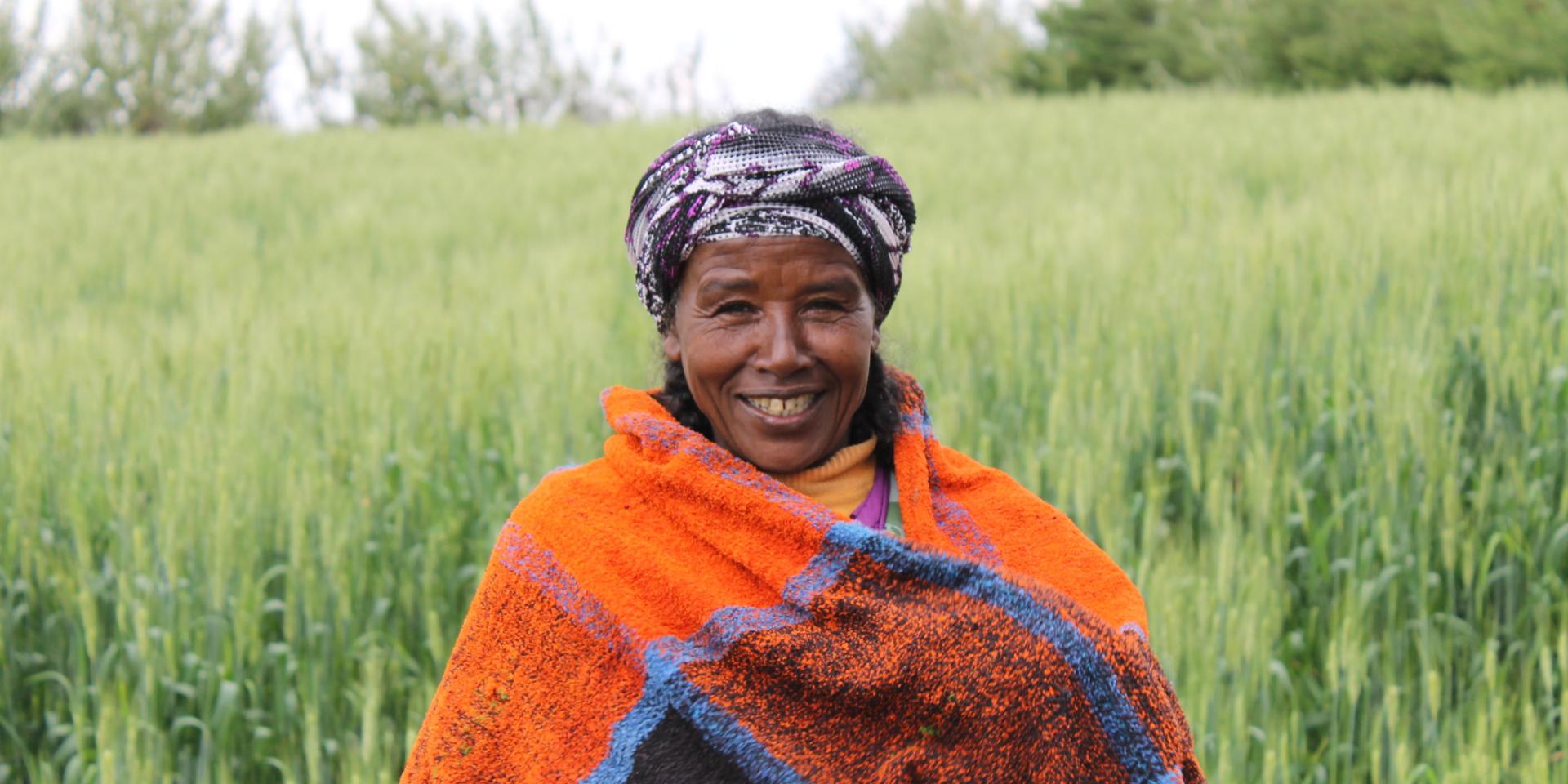Does Small-Scale Irrigation Affect Women’s Time Allocation? Insights from Ethiopia
 Photo: Tadesse Desalegne/IWMI
Photo: Tadesse Desalegne/IWMI
Women’s time use and overall work burden have gained attention from researchers and policymakers as an essential aspect of their empowerment; time is an important resource that women often lack, and women’s agency to allocate time to preferred activities is limited. Women are often heavily involved in unpaid domestic and agricultural activities driven by gender norms about the division of labor. They, therefore, have limited time to engage in income-generating activities.
Small-scale irrigation (SSI) is an agricultural technology that has been expanding rapidly in parts of sub-Saharan Africa and could improve women’s empowerment by reducing their time burden. Hypothesized benefits for women are less energy exertion and reduced labor in agriculture. However, this depends on the types of technologies and approaches used for SSI. If SSI is labor-saving, then household adoption may enable women to reduce their overall time burden. Women could instead engage in other activities, such as leisure, personal care or off-farm employment. Yet, these hypotheses have not been tested empirically. To begin to fill this knowledge gap, a new study estimates the impacts of SSI on women’s time allocation in Ethiopia.

